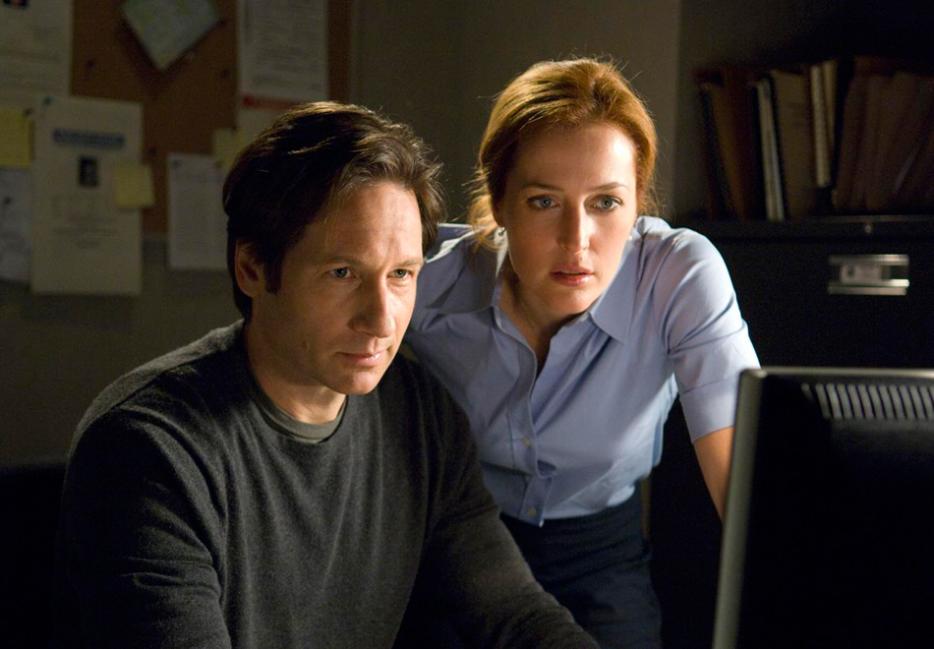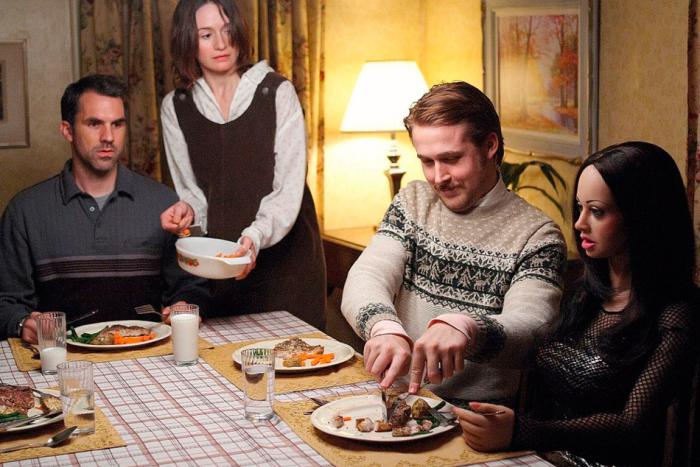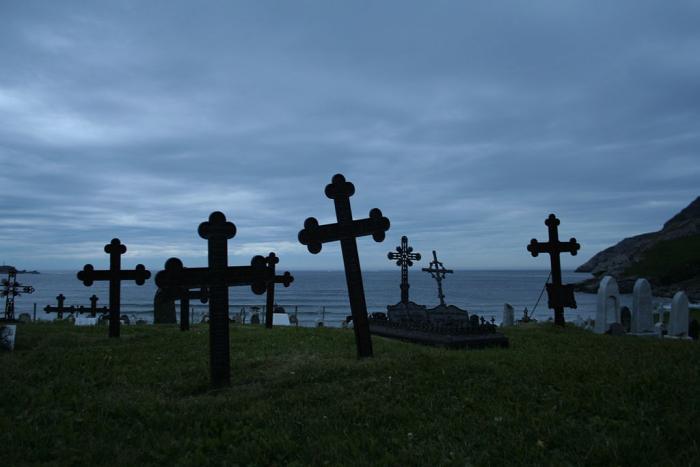You can’t always predict what will grab and hold your attention—a pop song, a politician, a personal tragedy. As the year comes to an end, Hazlitt’s writers look back on the things they were particularly preoccupied with in 2013.
In the suburbs of Calgary, I sat on a sectional sofa in a dark basement, too afraid to move through the blackness of the main floor, up another flight of stairs to my bed, because the only faith I had was that some kind of alien, some kind of monster, would come for me in the night. I eventually talked myself into making the journey, with the electrifying taste of my own heartbeat in my mouth.
But I was right to be paranoid; my brain had already been washed. In 2013, twenty years after the fact, I was given the chance to revisit the mad scientists responsible. The X-Files, in its entirety, is available on Netflix. The conspiracy unravels itself faster these days, with the help of on-demand viewings and Internet forums and countless articles celebrating the show’s 20th anniversary. There’s no shortage of fodder for further conspiracies. Sometimes I watch alone, sometimes with others, and I know how crazy this is going to sound, but I want to believe.
Then again, perhaps I don’t have to. FBI agents Fox Mulder and Dana Scully investigate inexplicable phenomena, crimes without procedures. The show’s larger narrative, searching for the truth in a web of government lies, is slippery but addictive. The agents uncover terrible breaches of justice and trust, and as the rabbit hole gets deeper, it all starts to get wormy. Watching today, I’m struck to recognize the sense of paranoia and surveillance. It’s hard to discredit the idea of thousands of files buried in abandoned mines, or of inter-governmental surveillance bodies monitoring civilians, in the era of Edward Snowden, Chelsea Manning, and the NSA. As one recurring character (and possible alien abductee) on the show puts it: “Someone is always paying attention, Mr. Mulder.”
In the context of the show, that someone is often Cancer Man, the show’s shadowy villain (or is he, to the best of his abilities, a kind of compromised hero?). In one completely atypical episode in the fourth season, “Musings of a Cigarette Smoking Man,” the double-dealing killer is possibly revealed to be, yes, an aspiring novelist.
There are more Easter eggs threaded throughout for us bookish viewers: Scully and her father framed their relationship through vernacular borrowed from Moby-Dick; Stephen King famously wrote an episode, “Chinga,” for the fifth season; and, of course, there’s the strange “Jose Chung’s From Outer Space,” a one-off in which Scully grants an interview to a science fiction writer who is attempting an unprecedented genre—non-fiction science fiction. As the points of view shift, conspiracy and coincidence get all twisted up, and all narration is rendered unreliable. Even Scully mentions that abduction lore has become so prolific in our culture—one of the episode’s many delicious meta winks—that people have begun to internalize, to misremember, the tropes of the stories.
In the end, we trust no one. The stories get folded up into one’s self.






